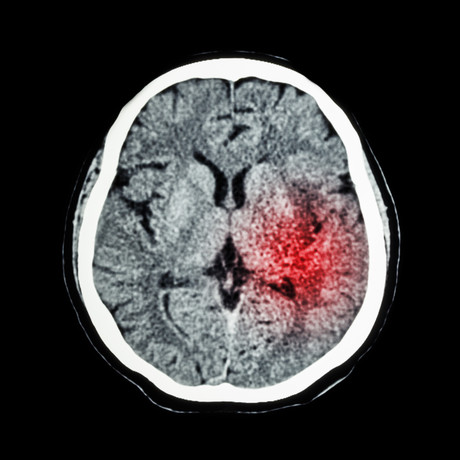Stroke doubles dementia risk

Having a stroke more than doubles the likelihood of developing dementia, and having a history of stroke increases the risk by around 70%, according to a new global study.
The University of Exeter Medical School in the UK led the study which analysed data on stroke and dementia risk from 3.2 million people across the world. The link between stroke and dementia persisted even after taking into account other dementia risk factors such as blood pressure, diabetes and cardiovascular disease. Their findings give the strongest evidence to date that having a stroke significantly increases the risk of dementia.
The study builds on previous research which had established the link between stroke and dementia, though had not quantified the degree to which stroke actually increased dementia risk. To better understand the link between the two, researchers analysed 36 studies where participants had a history of stroke, totalling data from 1.9 million people. In addition, they analysed a further 12 studies that looked at whether participants had a recent stroke over the study period, adding a further 1.3 million people. The new research is the first meta-analysis in the area.
Dr Ilianna Lourida, of the University of Exeter Medical School, said: “We found that a history of stroke increases dementia risk by around 70%, and recent strokes more than doubled the risk. Given how common both stroke and dementia are, this strong link is an important finding. Improvements in stroke prevention and post-stroke care may therefore play a key role in dementia prevention.”
According to the World Health Organisation, 15 million people have a stroke each year. Meanwhile, around 50 million people globally have dementia — a number expected to almost double ever 20 years, reaching 131 million by 2050.
Stroke characteristics such as the location and extent of brain damage may help to explain variation in dementia risk observed between studies, and there was some suggestion that dementia risk may be higher for men following stroke.
Further research required
Further research is required to clarify whether factors such as ethnicity and education modify dementia risk following stroke. Most people who have a stroke do not go on to develop dementia, so further research is also needed to establish whether differences in post-stroke care and lifestyle can reduce the risk of dementia further.
Dr David Llewellyn, from the University of Exeter Medical School, concluded: “Around a third of dementia cases are thought to be potentially preventable, though this estimate does not take into account the risk associated with stroke. Our findings indicate that this figure could be even higher, and reinforce the importance of protecting the blood supply to the brain when attempting to reduce the global burden of dementia.”
The research, entitled ‘Stroke and dementia risk: A systematic review and meta-analysis’, has been published in Alzheimer’s and Dementia.
Victoria to gain mental health workforce upskilling centre
From 1 July, the Victorian Collaborative Centre will become responsible for the professional...
Regional, rural and remote area doctors — have your say
Until 19 February, the Australian Medical Association is urging regional, rural and remote area...
David McGrath is new National Mental Health Commission CEO
David McGrath is now CEO of NMHC (commencing 29 January 2025), taking carriage of important...









